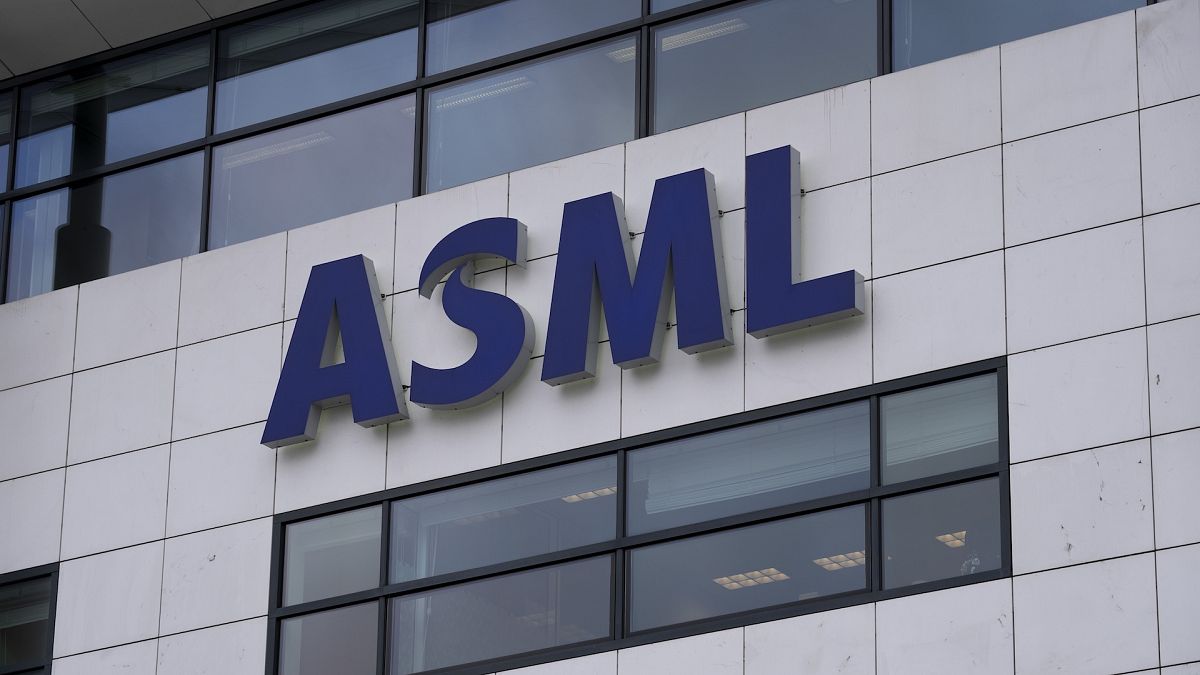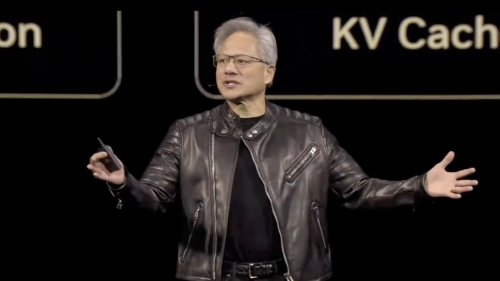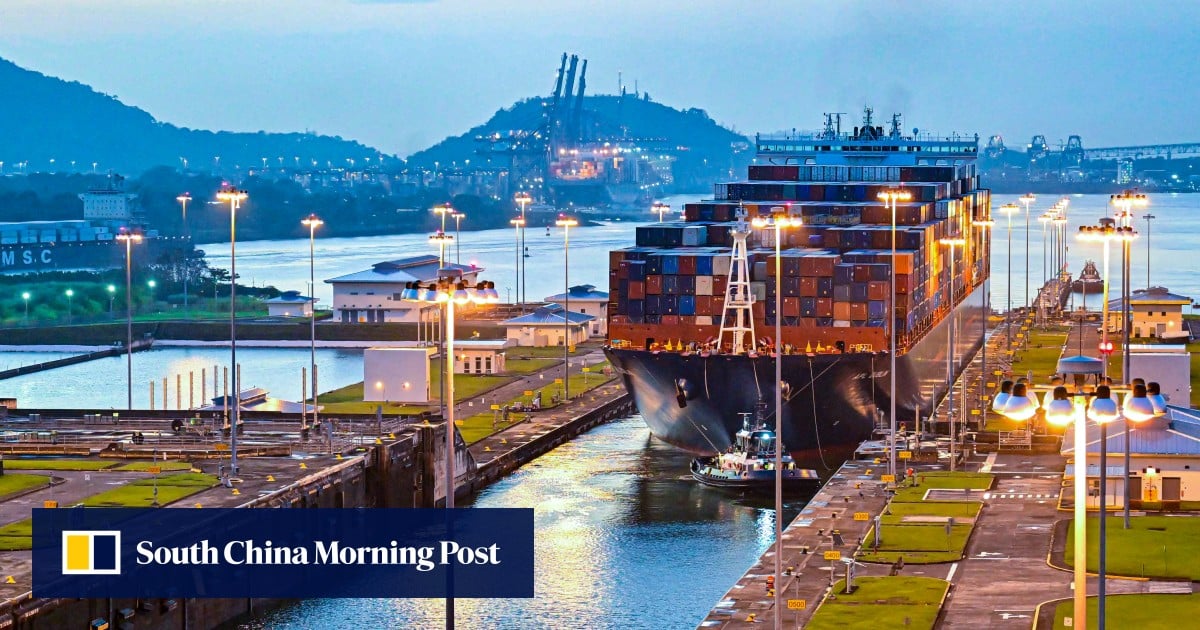ASML sees a limited impact of the US fresh restrictions on AI chip exports to China and maintains its guidance for 2024 and 2025.
Dutch computer chip equipment maker ASML has been exempted from the new chip export restrictions on China.
The company, Europe’s second-largest tech firm maintained its guidance, saying in a statement on Monday regarding the fresh US rules: “We do not expect any direct material impact on our business.” Its share price rose 0.9% to €664 at the market close.
ASML sees limited impact on its business
The US Department of Commerce unveiled fresh curbs on the exports of critical AI chip components to China, including high-bandwidth memory chips made by US and foreign firms. The provision applies “the foreign direct product rule”, to control foreign-made productions that use even minor US technology.
However, the authority put ASML Holdings NV and Tokyo Electron Ltd. on its exemption list, citing: “We need our allies on board with our controls so that they’re as comprehensive and effective as possible”, said the Secretary of Commerce in a press conference.
In response, ASML said in a press announcement: “Should a similar security assessment to the one underpinning the US restrictions also be made by the Dutch authorities, exports of DUV immersion lithography systems to these specific locations could also be affected”, referring to its fabrication in China included in the restriction list.
In September, the Dutch government, in collaboration with the US, imposed further restrictions on ASML’s chip exports to China. Under the policy, ASML must obtain a licence to provide spare parts and software updates for chip-making equipment sold to China.
Guidance remains unchanged
ASML said that its guidance for 2025 will be unchanged from projections made in the third-quarter earnings call. The firm expects net sales of between €30bn and €35bn, with China business contribution of around 20% of the total for the full year.
However, the full-year guidance was reduced to the lower range of the previous projection. The Chinese sales projection has also been sharply downgraded from a nearly half percentage contribution to its total revenue in the first three quarters.
The firm unveiled a weak earnings result in the third quarter, causing its shares to plunge 16% on the reporting day in mid-October to the lowest in nearly one year.
The stock recovered some losses in November, thanks to a positive long-term prospect indicated on its investor day. CEO Christophe Fouquet said sales would be between 8% and 14% over the next five years: “When it comes to 2030, we are still very, very bullish.”
The company said it expected revenue of €44bn to €60bn by 2030, with gross margins of between 56% and 60%, up from the current 51%. ASML did not comment on any impact of Trump’s presidency on its business.
The Dutch firm emphasised that the new regulations will not impact the demand in the semiconductor industry.
“These scenarios are based on the global demand for wafers rather than on any specific geographic split,” the company said.
It also maintained the outlook for 2030 outlined on the investor day, expecting annual sales of between €44bn and €60bn.


